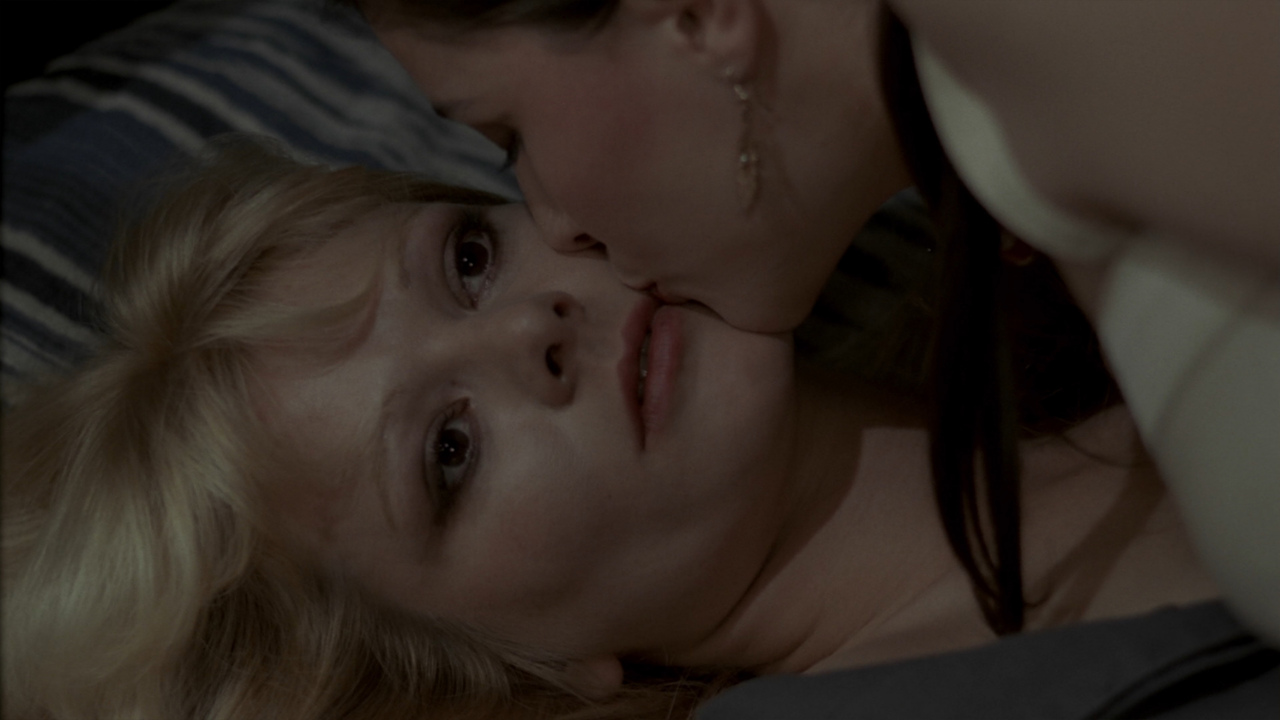Author: Christoph Huber
-

The House That Ôbayashi Built
The Japanese film “House” – usually referred to as “Hausu,” mostly thanks to the mystery of back-and-forth transliteration even though its writer-director had deliberately chosen a foreign-language title to add a taboo-breaking frisson – has become a major cult item in the West over the course of the last decade after being… […]
-
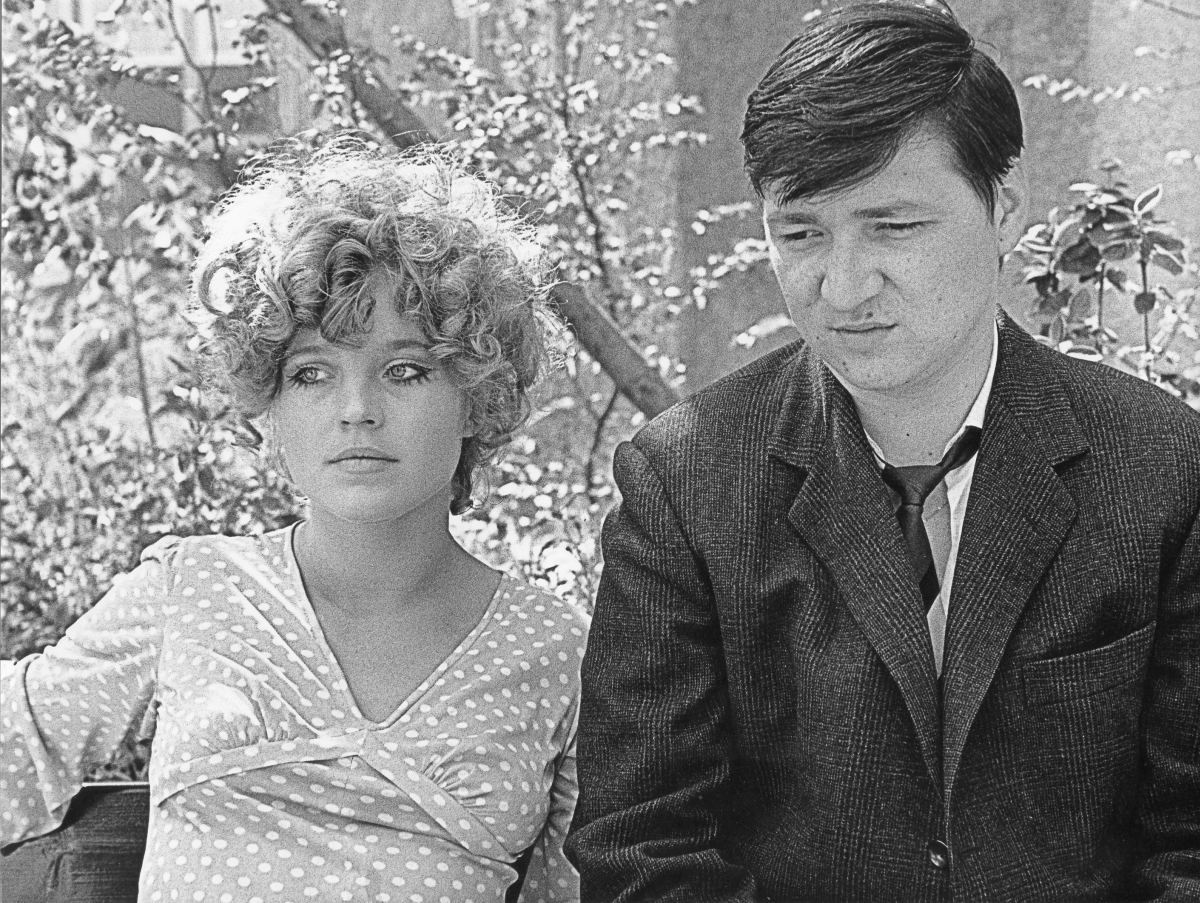
At the Edge of Fassbinder
What can the neglected parts of Rainer Werner Fassbinder’s œuvre – his radio plays and his theater films made for television – tell us about his work? […]
-
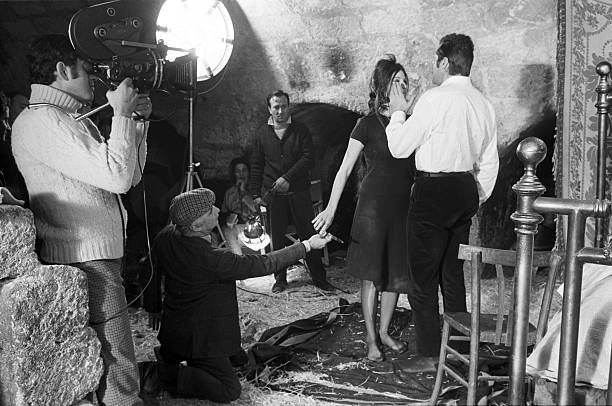
Calling the Roll: A Dialogue About the Neglected History of Assistant Directors
Taking our retrospective of the films of Mario Monicelli as a starting point, Christoph Huber and Patrick Holzapfel discuss the neglected history of assistant directors in cinema. […]
-
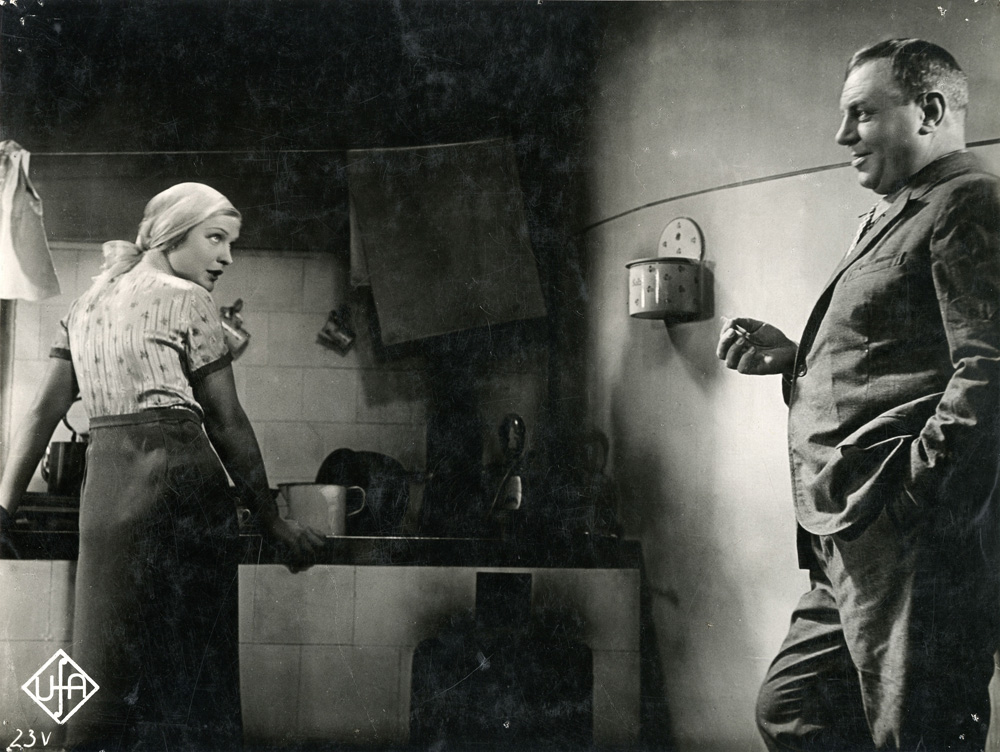
The Siodmak Variations
Famous for his great film noir work in Hollywood, Robert Siodmak may be the most intriguing of the many exile filmmakers who fled from the Nazi regime and established a career in the US. Our recent Weimar retrospective showcased some examples of his astonishing early work in Germany–one official classic,… […]
-
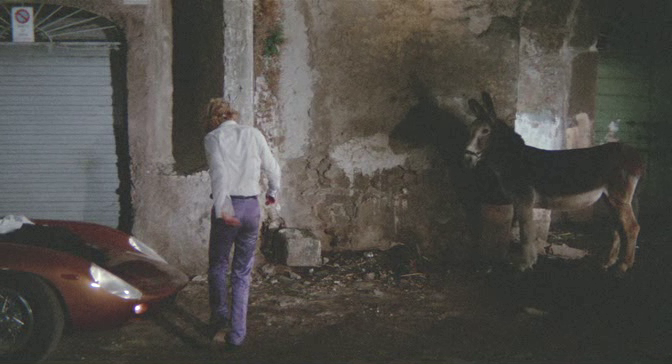
Donkeys in Cinema (2): Poe, Fellini, Stamp and a Donkey
I am not a big fan of Federico Fellini, but I have to admit his episode from the Edgar Allen Poe omnibus “Histoires extraordinaires” (1968) is truly extraordinary. Probably because his penchant for the grotesque does not seem misplaced in the world of horror fantasy (replete with Mario Bava quote).… […]
-
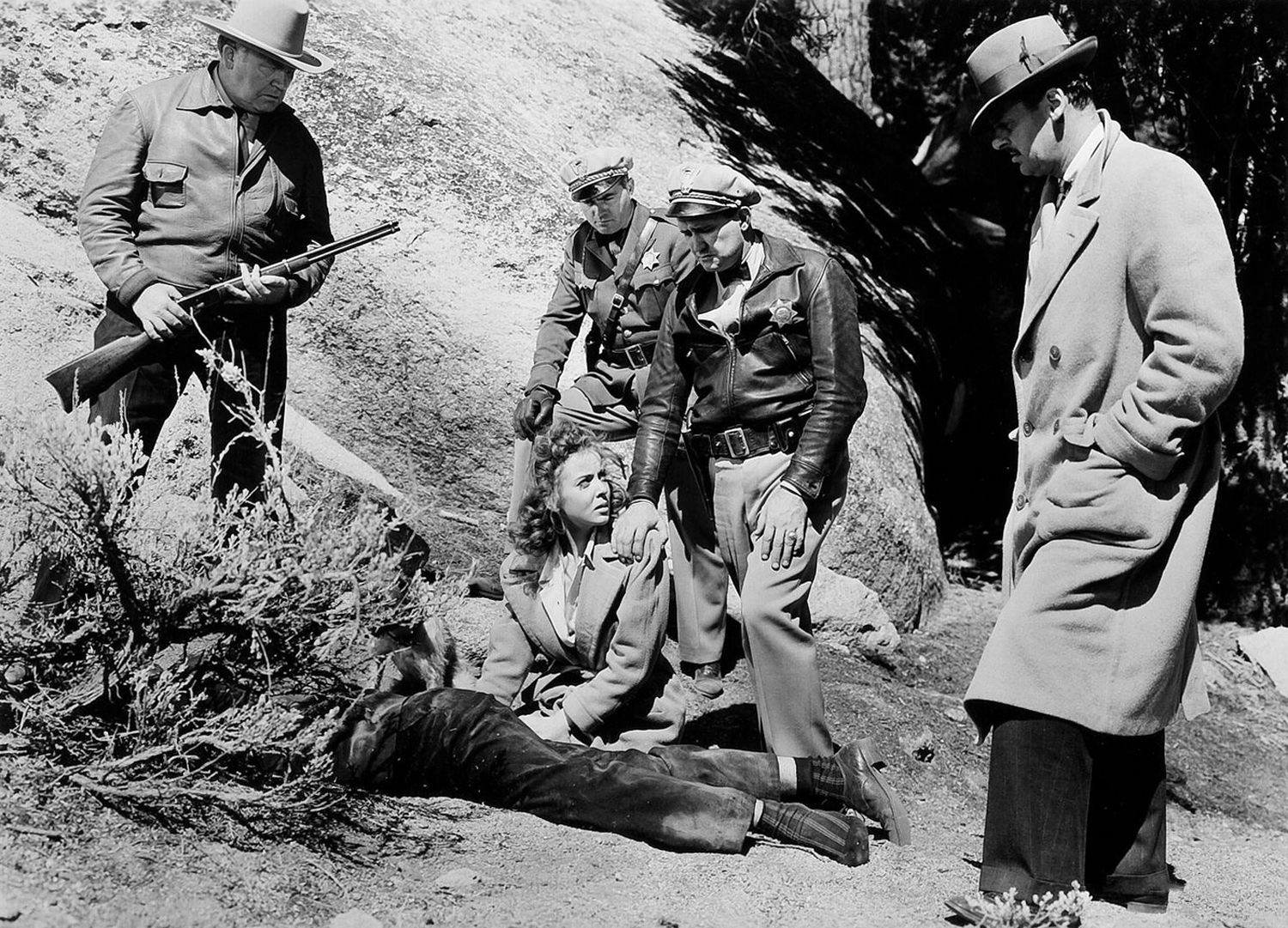
Walsh – Godard – Parrish – Rossen – Walsh
As our Godard retrospective opens, it’s time to consider the fact–Godard would surely agree–that everyone is (or should be) indebted to Raoul Walsh. […]
-
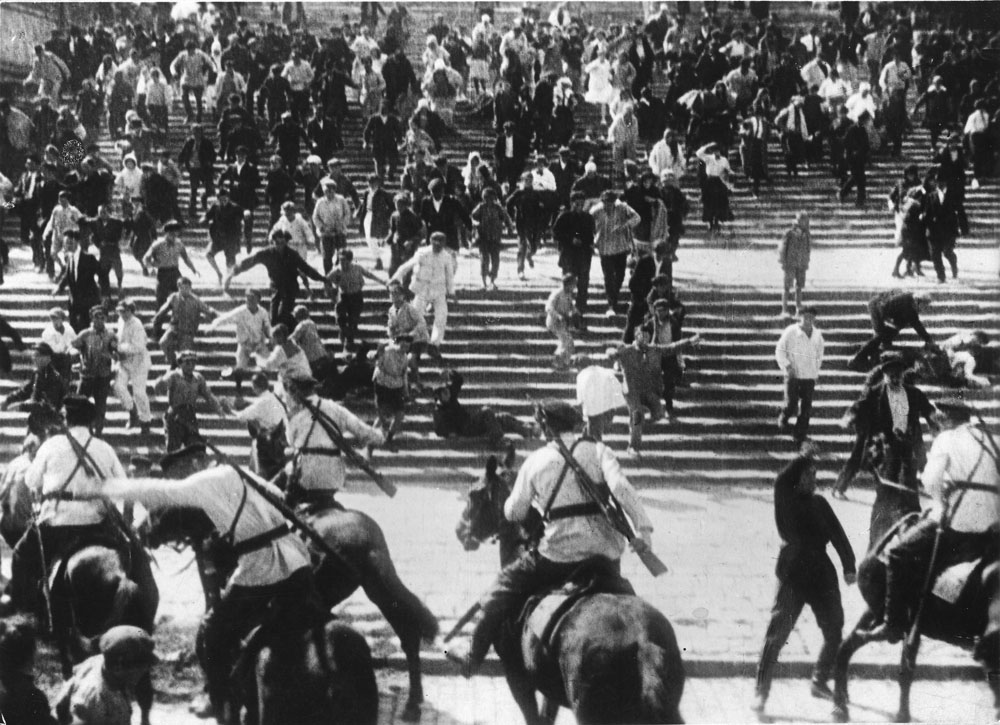
Potemkin Reborn (with Sound)
Over a decade in the making, the German synchronized sound version of “Battleship Potemkin” shows at the Film Museum. With composer Edmund Meisel’s truly striking score wedded to the images, this “Viennese Version” is an entirely new experience. […]
-
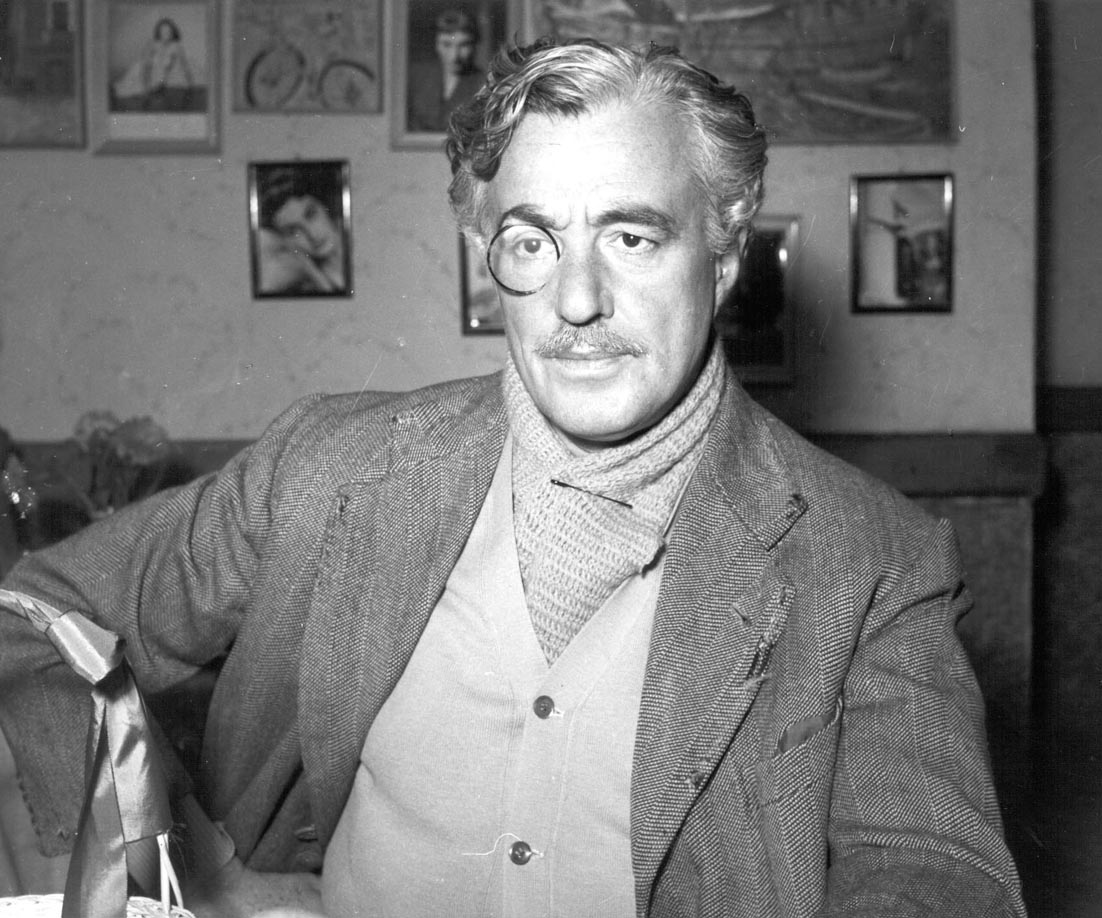
Spoiler Alert
Or how we discovered another ending of Dino Risis’s “Il segno di Venere” (The Sign of Venus, 1955), starring Sophia Loren and Vittorio De Sica. […]
-
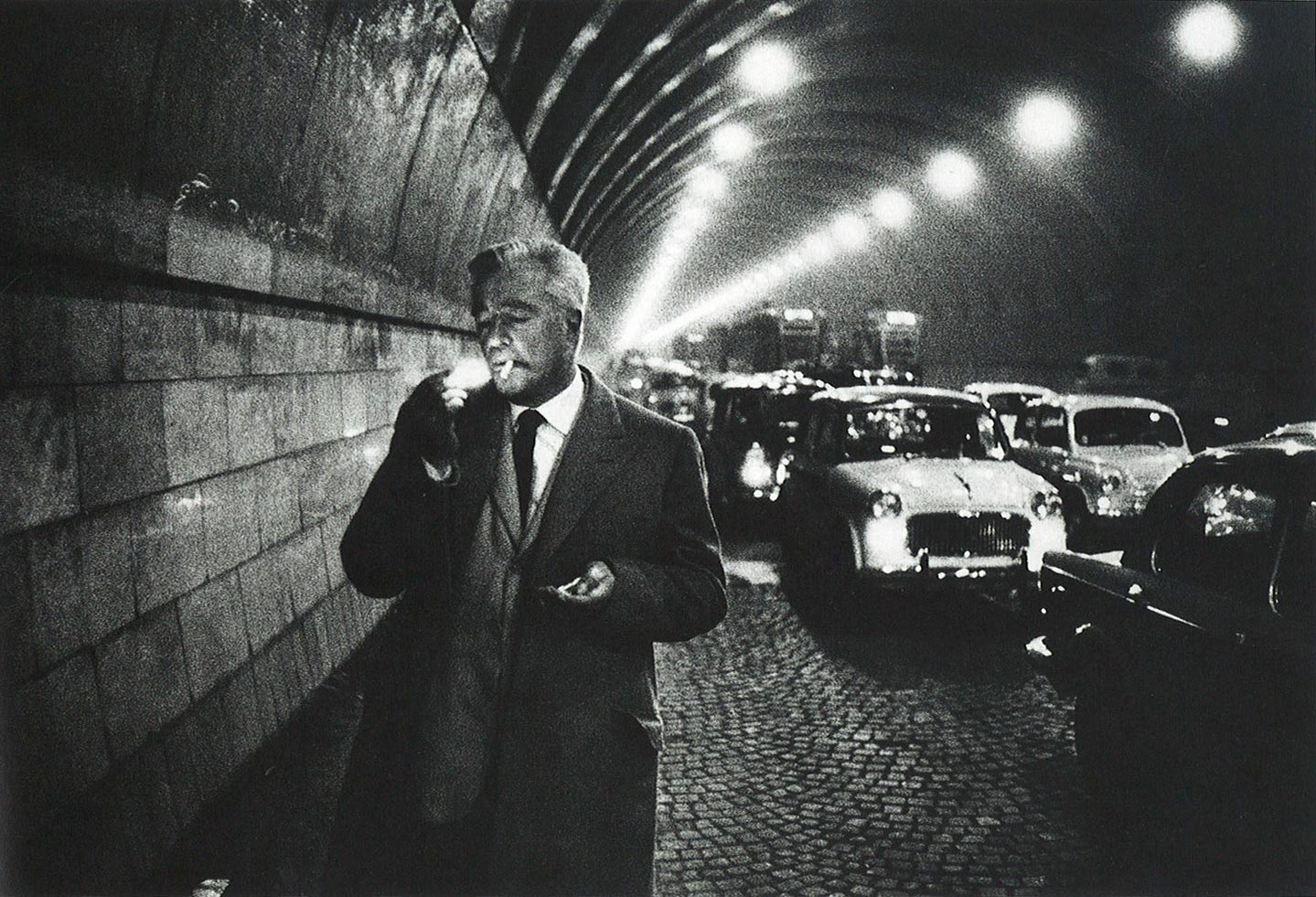
The Wrong Man: How I Rediscovered De Sica
A popular and brilliant actor, Vittorio De Sica proved himself an outstanding director as well. Unfortunately, his reputation as a filmmaker is defined almost exclusively via his famous neorealist classics. Big mistake. A note on the dynamics on film history. […]
-
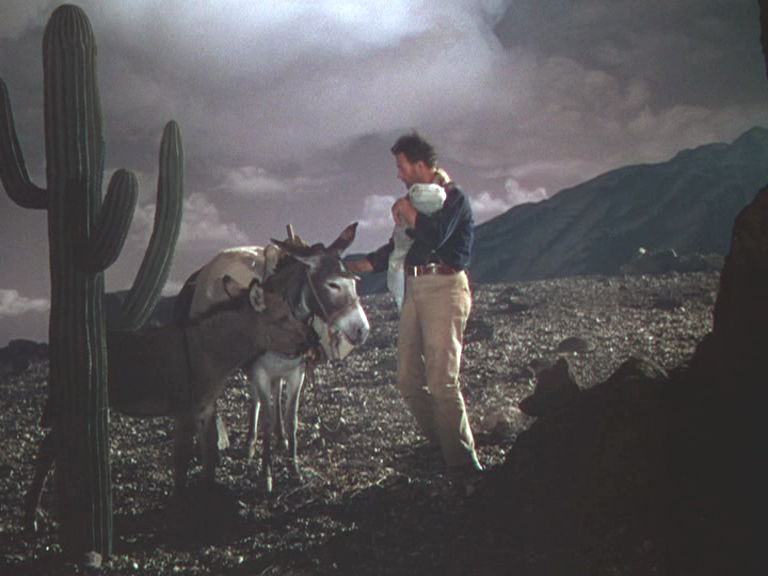
Donkeys in Cinema (1): 3 Fordian Donkeys
A post to inaugurate a new series on this blog, dedicated to the undervalued filmography of the most noble of animals. […]
-
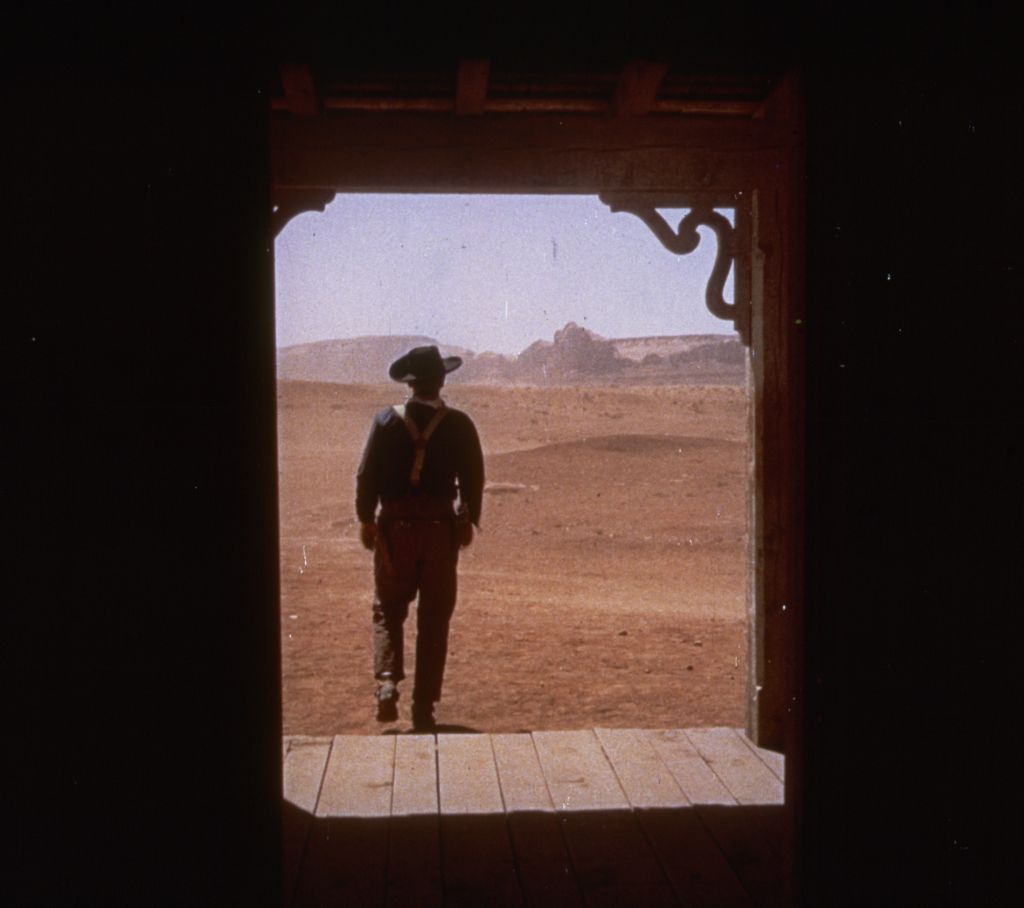
An Iconic Image
The poetic finale of “The Searchers” is one of the most famous scenes in film history. The actual shooting was a bit more prosaic. […]
